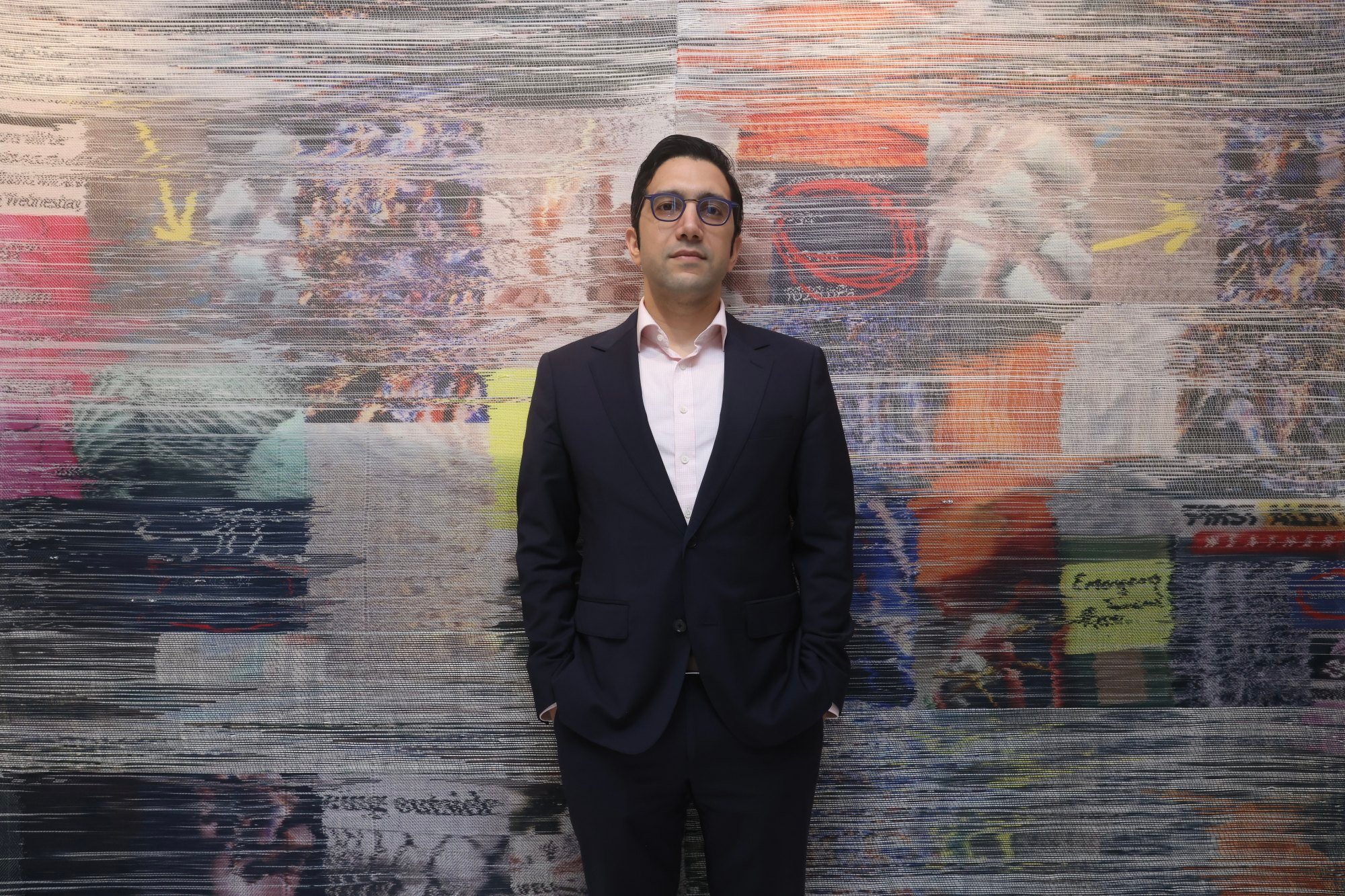Investors are eager to pour funds into achieving the United Nations’ sustainable development goals (SDGs) in emerging markets, but companies and government institutions are leaving money on the table because they are not doing enough to trumpet their contributions towards those objectives, according to JPMorgan.
To give capital providers the confidence to invest, governments and companies need to paint a better picture of their dedication by setting targets, devising action plans and providing disclosures on their positive social and environmental results in each key market, said Arsalan Mahtafar, head of JPMorgan Development Finance Institution (DFI).
The US banking giant’s DFI team structures financing deals and investments with measurable development impact and distributes them to investors focused on social and environmental issues.
As of last year, developing nations faced a financing gap of US$4 trillion per year in meeting the UN’s 17 sustainable development goals for 2030, according to intergovernmental body UN Trade and Development. The shortfall has widened from US$2.5 trillion when the goals were approved by 193 UN member states in 2015.

This is despite the world having US$7 trillion in funds that incorporate environmental, social and governance (ESG) factors as their key investment focus, US$2.8 trillion in sustainability strategy funds and US$1.2 trillion in impact funds, Mahtafar said.
“ESG is mainly a risk-management approach that aims to minimise investors’ exposure to companies that score low on environment, social and governance factors,” he said. “Often that takes investors away from emerging markets that are often less mature on ESG management, while driving capital to developed markets that have fewer opportunities for improving the SDGs.”
The 17 SDGs include eliminating poverty and hunger, improving access to education and healthcare, promoting gender equality, supporting climate mitigation and preserving biodiversity.
The world is “severely off track” on achieving the goals, according to the UN’s assessment this year. Of 135 targets tracked, only 17 per cent are progressing as needed.
Plugging the SDG funding gap with transparency
In April last year, JPMorgan and French investment bank Natixis established a task force to help address the problem. It aims to encourage and guide companies and sovereign entities to make more systematic disclosures about their contributions to the SDGs, as transparency will help them attract capital to plug the funding gap.
The task force published a draft of a voluntary disclosure framework in April, which is under stakeholder consultation. It is also in talks with financial data and infrastructure providers to build a free public platform to share data collected from capital seekers’ disclosures, with potential support from government and philanthropic funding.
The group aims to publish the final guidance and announce a launch date for the data platform during the International Monetary Fund annual meetings in Washington in October, Mahtafar said.
Dubai-based container-terminal operator DP World was the first company worldwide to make disclosures based on the draft guidance, detailing its impact, targets and action plans in emerging markets where it operates.
Disclosure framework gets lender support
So far nine banks – including JPMorgan, Bank of America, HSBC, Deutsche Bank and Standard Chartered – have committed to advising their clients to adopt the disclosure framework.
Mahtafar was in Hong Kong this week to attend the JPMorgan Asia Credit Conference, during which he discussed adoption of the framework with capital seekers and investors.
“We also want to cultivate a network of third-party service providers to help validate and analyse the information on the data platform, to evaluate whether … the [capital seekers’] targets are ambitious enough [and] the plans to achieve them are credible enough,” he said.
In 2021, JPMorgan set a target to finance and facilitate more than US$2.5 trillion in funding over 10 years to advance long-term solutions that address climate change and contribute to sustainable development.

